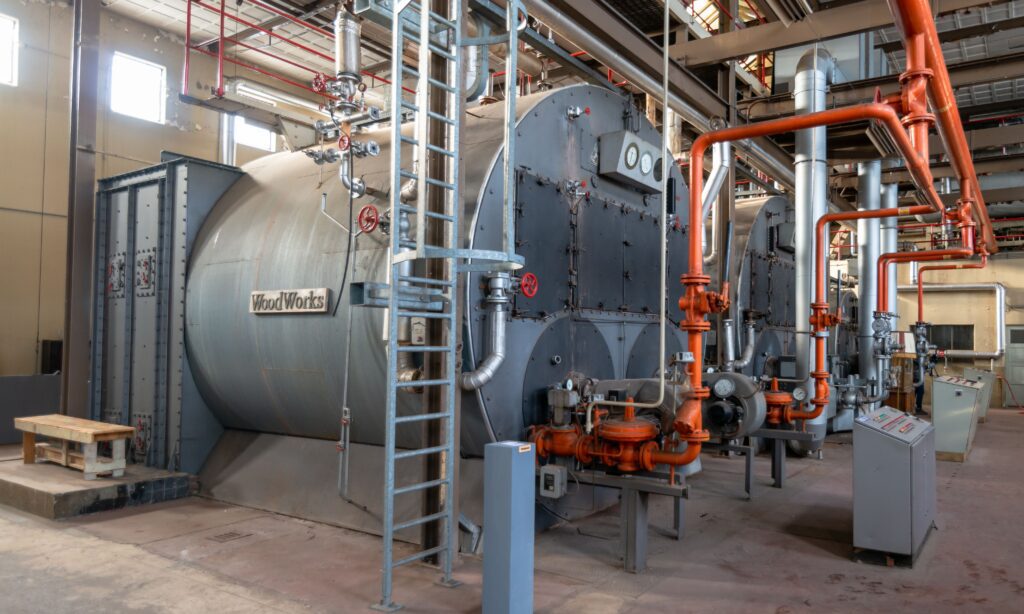In Martinsburg, West Virginia, businesses rely heavily on efficient heating systems to maintain comfortable environments for their employees and customers. One of the central components of these systems is the boiler. Understanding how to properly maintain and repair boilers is crucial for business owners. In this article, we will explore the essential do’s and don’ts of boiler repair, ensuring that your business can stave off unexpected breakdowns and expensive repairs.
Understanding the Importance of Boiler Maintenance
Boilers are integral to the heating infrastructure in various types of businesses, from restaurants and offices to warehouses and manufacturing facilities. Regular maintenance not only extends the lifespan of a boiler but also ensures that it operates at peak efficiency to save on energy costs.
The Role of Boilers in Martinsburg Businesses
In Martinsburg, the fluctuating temperatures throughout the year necessitate reliable heating solutions. Boilers provide a dependable source of heat for numerous commercial buildings, ensuring employee comfort and client satisfaction. They also play a role in process heating for industries where specific temperature controls are critical.
A well-functioning boiler is also typically more energy-efficient, translating to lower utility bills. For business owners, this means better cost management and improved bottom-line performance. Regularly maintained boilers are less likely to malfunction and can help avoid the chaos of emergency repairs.
Moreover, the impact of a well-maintained boiler extends beyond mere comfort and cost savings. In industries such as food processing or pharmaceuticals, precise temperature control is not just a luxury but a necessity for maintaining product quality and safety. Any disruption in heating can lead to significant losses, both in terms of product waste and potential legal liabilities. Thus, the reliability of boiler systems becomes a cornerstone of operational integrity in these sectors.
Why Regular Boiler Maintenance is Crucial
Regular maintenance is akin to preventive health care for your boiler. By conducting routine checks and servicing, potential issues can be identified before they evolve into serious problems. This proactive approach not only saves money in repairs but also maximizes the boiler’s operational lifespan.
Additionally, state regulations often mandate certain maintenance protocols to ensure safety and environmental standards. Neglecting maintenance may lead to fines or even shutdowns for non-compliance, making it essential for businesses to stay informed and diligent.
Furthermore, regular maintenance can enhance the safety of the workplace. Boilers that are not properly serviced can pose risks such as gas leaks or pressure build-ups, which can lead to hazardous situations. By adhering to a strict maintenance schedule, businesses can protect their employees and customers, fostering a safe environment that promotes productivity and trust. This commitment to safety not only safeguards lives but also enhances the company’s reputation in the community, reinforcing the importance of responsible business practices.
Common Boiler Problems in Martinsburg, WV
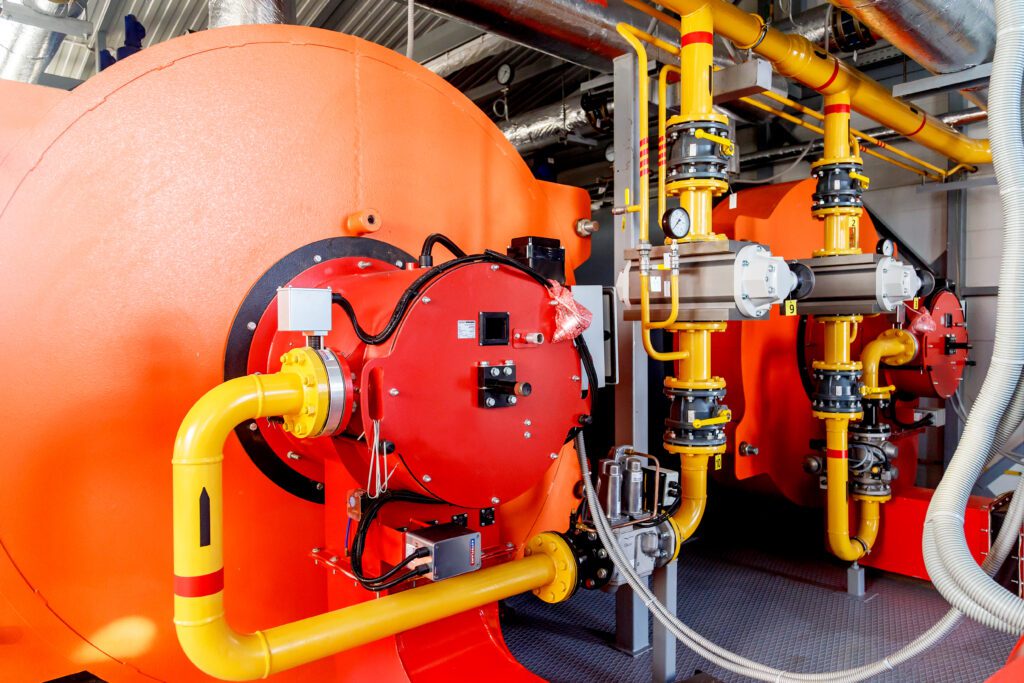
Despite the best maintenance practices, various issues can arise with boilers, especially in commercial settings. Being familiar with common problems can help business owners take swift action before issues escalate.
Identifying Boiler Issues Early
Early detection of boiler issues can save time and money. Signs that something is wrong may include unusual noises, inconsistent heating, or an increase in fuel bills. Business owners should be observant and vigilant, keeping a log of any irregularities for discussions with service professionals.
Some visible signs include leaks or corrosion around the boiler. These are critical indicators that demand immediate attention. Ignoring such signs could lead to a full shutdown of the heating system, impacting business operations substantially. Additionally, monitoring the pressure gauge regularly can provide insights into the boiler’s performance. A drop in pressure might indicate a leak or a malfunctioning component, which should be investigated promptly to avoid further complications.
Potential Consequences of Neglected Boiler Problems
Neglecting boiler problems can lead to significant consequences, both operationally and financially. A malfunctioning boiler can result in complete heating failure during cold months, leading to uncomfortable working conditions and potential loss of business.
Moreover, severe malfunctions might pose safety risks, including the potential for carbon monoxide leaks or fires. These risks highlight the importance of maintaining and addressing issues promptly, protecting employees and property alike. In addition to safety hazards, businesses may face regulatory penalties if they fail to comply with local heating standards, further compounding financial losses. Regular inspections and maintenance not only ensure compliance but also foster a safer work environment, ultimately enhancing employee morale and productivity.
The Do’s of Boiler Repair
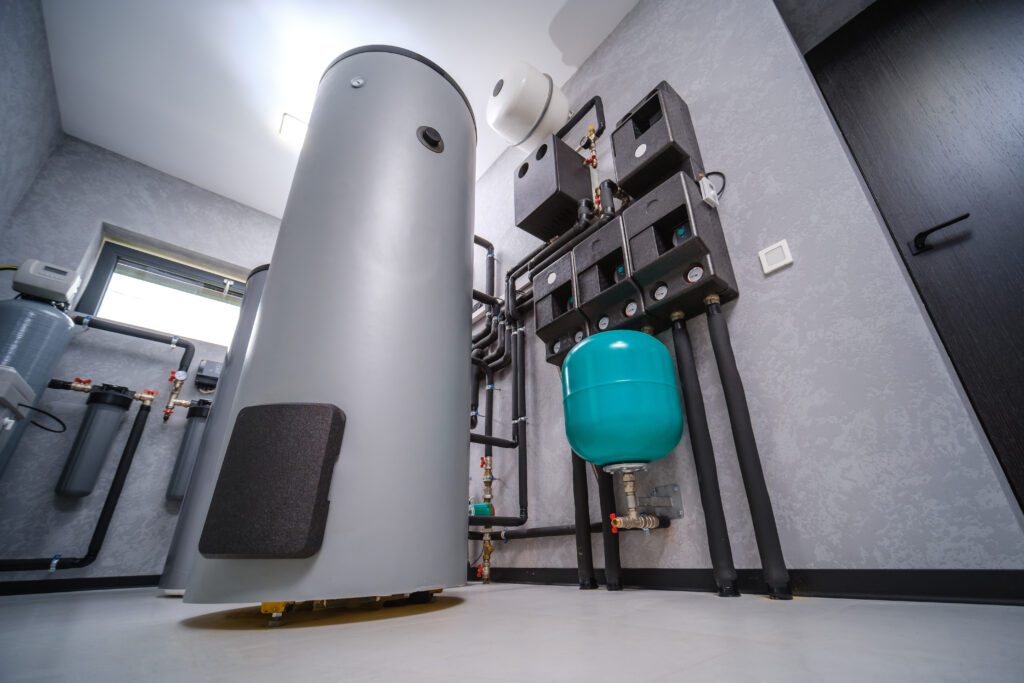
To ensure a boiler operates effectively, there are several critical do’s that business owners should follow. These best practices will not only prolong the life of the boiler but also enhance overall efficiency.
Recommended Maintenance Practices
Routine maintenance should be prioritized and scheduled regularly, ideally semi-annually or annually depending on the boiler type. A licensed technician should inspect the boiler, checking safety controls, water levels, and pressure, ensuring it operates within the manufacturer’s specifications. Regular maintenance not only prevents unexpected breakdowns but also helps in identifying potential issues before they escalate into costly repairs.
Always keep records of maintenance and repairs to track any recurring issues. This documentation can provide valuable insights during servicing and is essential for any warranty claims. Additionally, maintaining a detailed log can help in analyzing the performance trends of the boiler over time, allowing for informed decisions regarding upgrades or replacements when necessary.
Seeking Professional Help: When and Why
While some minor upkeep tasks can be performed by business owners, such as checking water levels and gauges, it’s essential to know when to call in professionals. Complicated diagnostic tests and repairs should always be handled by certified boiler technicians who have the training and experience to address specific issues safely. Their expertise can save time and reduce the risk of further damage, ensuring that the boiler is restored to optimal functioning without unnecessary delays.
Professional services are also advantageous for their insight into regulatory compliance standards, ensuring your boiler operation not only functions effectively but adheres to local guidelines. Moreover, many technicians stay updated on the latest technologies and practices in boiler maintenance, which can lead to improved efficiency and lower energy costs. Engaging with professionals who understand the nuances of your specific boiler model can also provide tailored recommendations for upgrades or modifications that enhance performance and safety.
The Don’ts of Boiler Repair
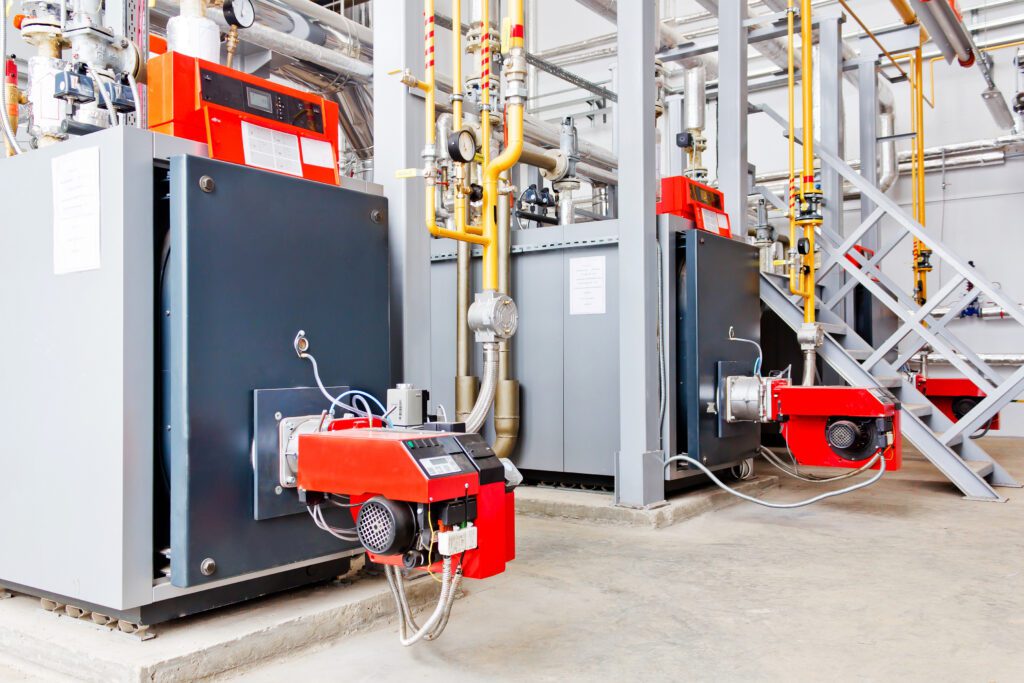
There are many pitfalls to avoid when it comes to boiler repair. Understanding the common mistakes can help prevent costly errors and enhance the safety and effectiveness of your heating system.
Common Mistakes in DIY Boiler Repair
Avoid the temptation to undertake DIY repairs on your boiler. While some maintenance tasks can be performed independently, the boiler consists of complex systems best left to trained technicians. Incorrect repairs can exacerbate problems, leading to more significant malfunctions.
Additionally, tampering with gas lines or electrical components can create hazards that jeopardize safety. It is crucial to always prioritize safety and compliance over attempting to save costs on repairs. Many homeowners underestimate the intricacies involved in boiler systems, which can include intricate piping, pressure gauges, and safety valves. Each component plays a vital role in the overall functionality of the boiler, and a minor oversight can lead to catastrophic results. Therefore, enlisting the help of a certified technician is not just a recommendation; it is a necessity for ensuring the longevity and reliability of your heating system.
Risks Associated with Improper Boiler Maintenance
Improper maintenance can lead to severe issues including efficiency losses and significant breakdowns. Regular checks are necessary to prevent carbon build-up, sediment accumulation, and leakages that could escalate quickly.
Not adhering to scheduled maintenance can void warranties, leading to unexpected expenses in the event of a failure. Timely servicing by qualified professionals is crucial to maintaining safety and functionality in the long run. Furthermore, neglecting maintenance can also result in increased energy bills, as an inefficient boiler has to work harder to achieve the desired temperature. This not only strains the system but also contributes to a larger carbon footprint, which is a growing concern in today’s environmentally conscious society. Regular maintenance ensures that your boiler operates at peak efficiency, saving you money and reducing your environmental impact while providing reliable heat during the cold months.
Expert Tips for Boiler Maintenance and Repair
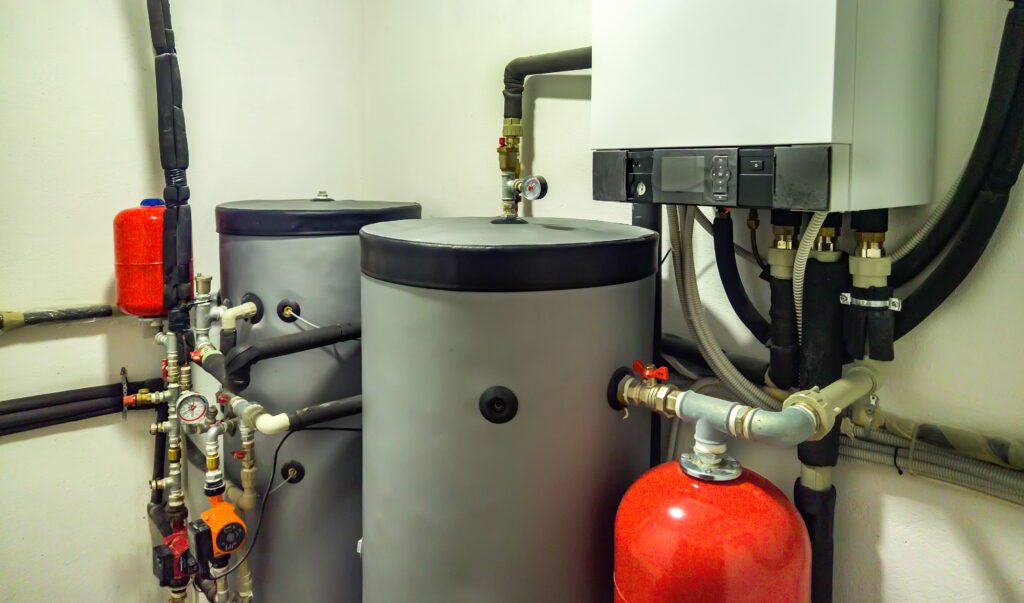
To maximize the performance and longevity of your boiler system, consider implementing these expert tips into your routine maintenance schedule.
Preventative Measures for Boiler Longevity
Investing in sophisticated monitoring systems can help detect issues before they become full-blown problems. Sensors can alert you to fluctuations in pressure or temperature, ensuring timely investigations.
Additionally, maintaining cleanliness around the boiler area—removing clutter and reducing dust accumulation—can significantly contribute to operational efficiency. Regularly check for any obstructions in ventilation systems related to boiler operation. Furthermore, scheduling annual professional inspections can help identify potential issues, such as corrosion or leaks, that may not be visible to the untrained eye. These inspections often include a thorough cleaning of the boiler components, which can enhance performance and safety.
Efficient Boiler Operation Tips
To enhance boiler efficiency, ensure that it is properly sized for your space. Oversized boilers can cycle on and off, leading to energy waste and increased wear and tear.
Consider upgrading to modern, high-efficiency boilers that utilize technology like condensing capabilities to save on energy costs. Implementing smart controls to better manage heating schedules can further optimize usage. Additionally, regular calibration of your thermostat can ensure that your heating system operates at peak efficiency, preventing unnecessary energy consumption. It’s also beneficial to educate staff on the importance of maintaining optimal temperature settings and avoiding unnecessary adjustments that could disrupt the system’s balance.
In conclusion, understanding the do’s and don’ts of boiler repair is vital for any business in Martinsburg, WV. With consistent maintenance, professional assistance, and keen observation of system performance, business owners can ensure their boilers remain reliable and efficient, ultimately contributing to their overall success.

